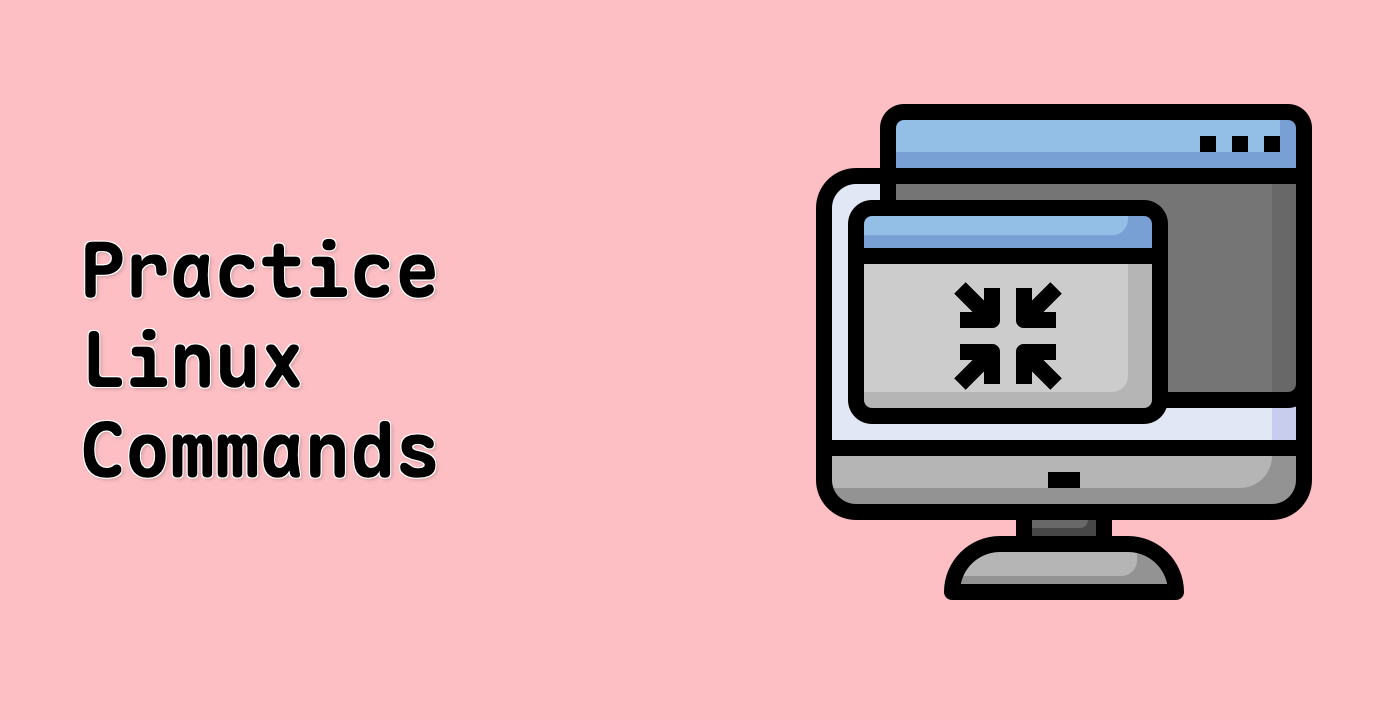Introduction
In this lab, we will explore the Linux ldd command, which is a useful tool for identifying the dynamic library dependencies of a binary file. We will start by understanding the purpose of the ldd command, and then learn how to use it to troubleshoot missing dependencies. This knowledge is essential for effective software management and troubleshooting on Linux systems.
The lab will cover the following steps:
- Understand the Purpose of the
lddCommand - Identify Dynamic Dependencies of a Binary
- Troubleshoot Missing Dependencies
The ldd command is a valuable tool, but it's important to note that it may require additional packages to be installed on some Linux distributions, and it has been deprecated in favor of more modern tools on some newer Linux versions. However, it remains a widely used and essential command for many Linux users and administrators.




